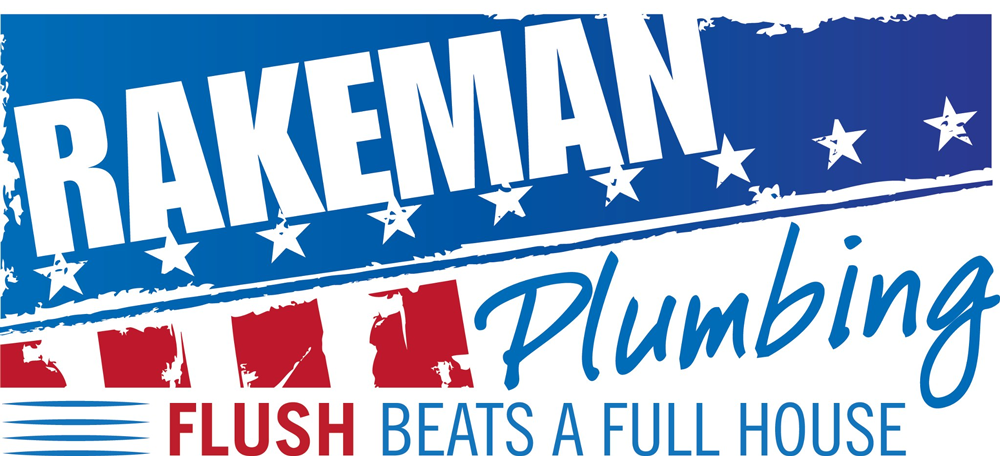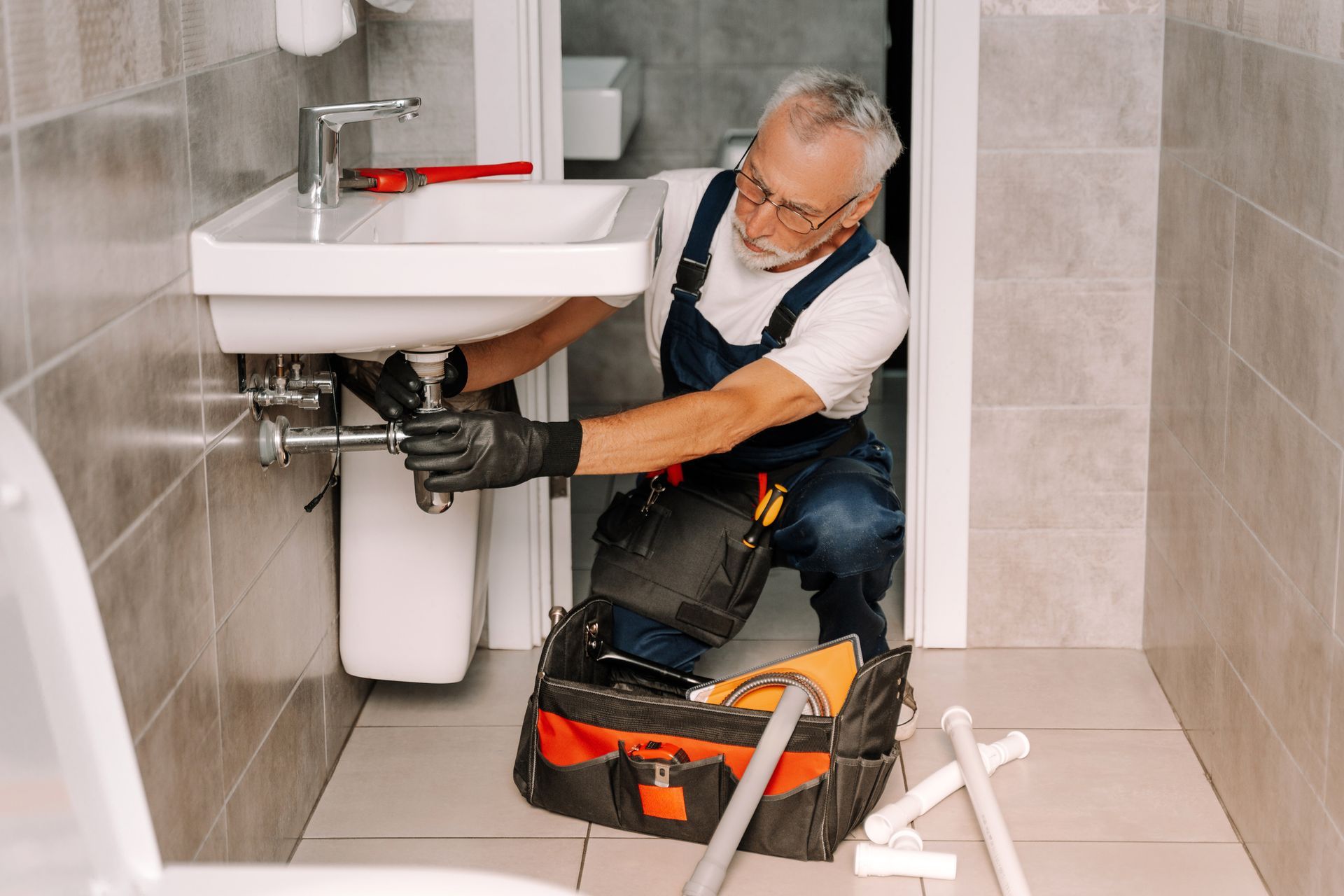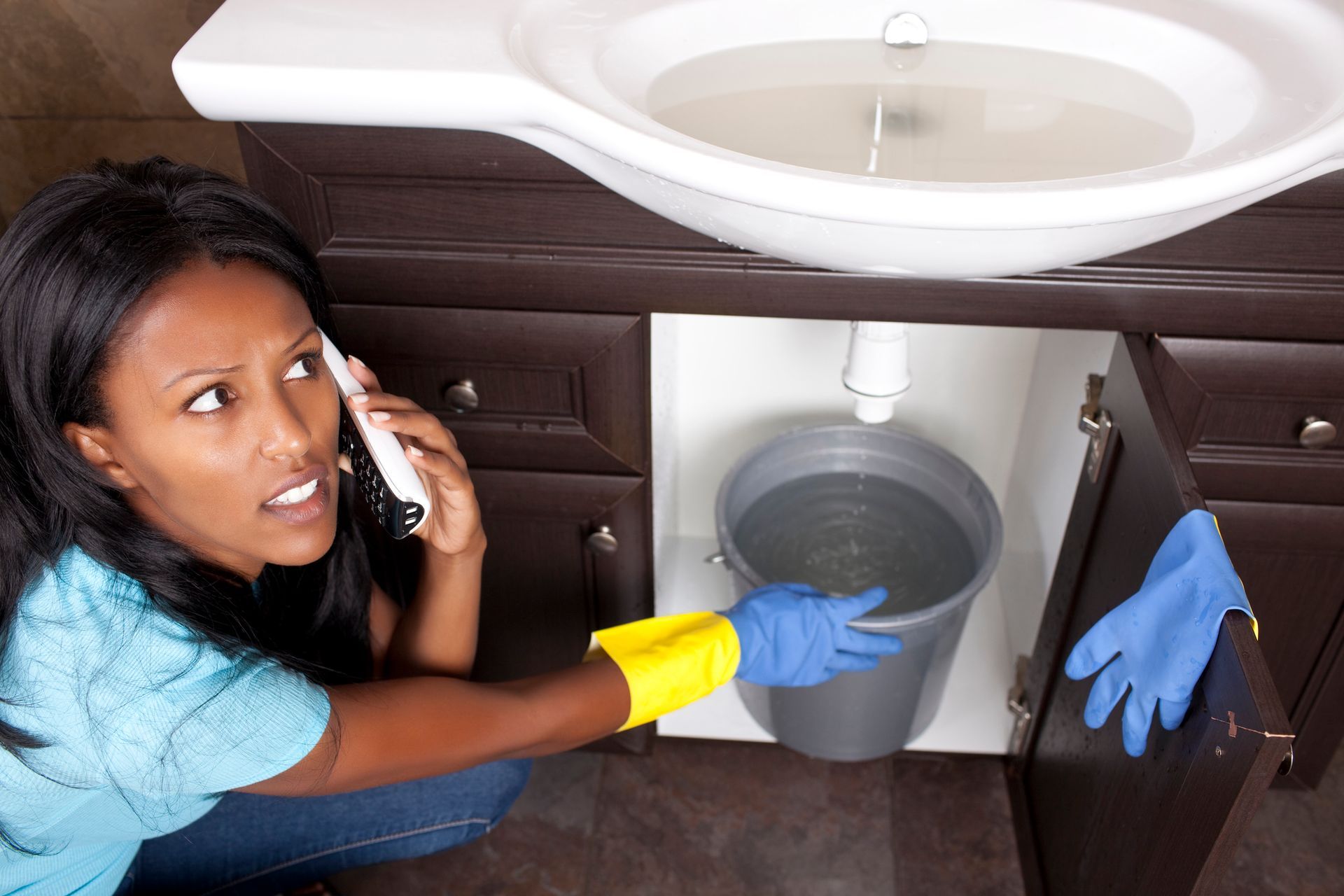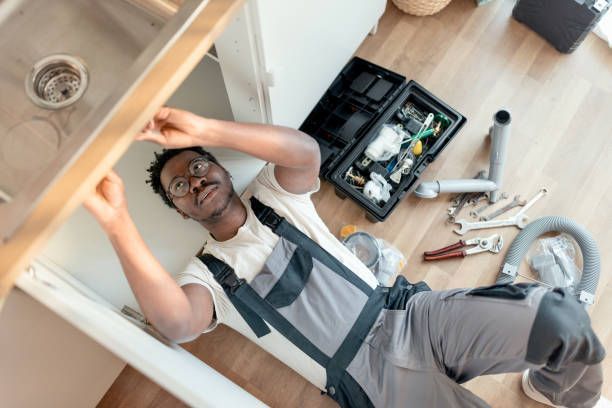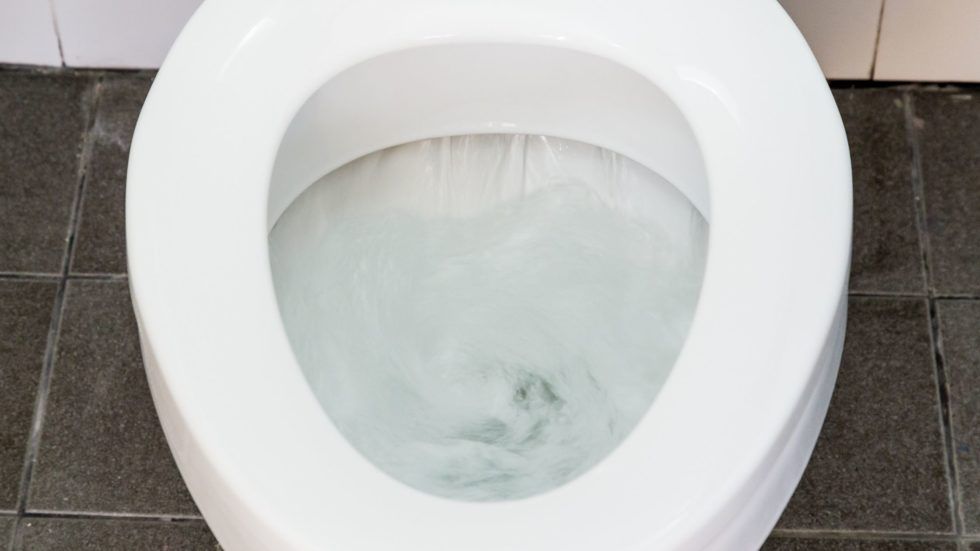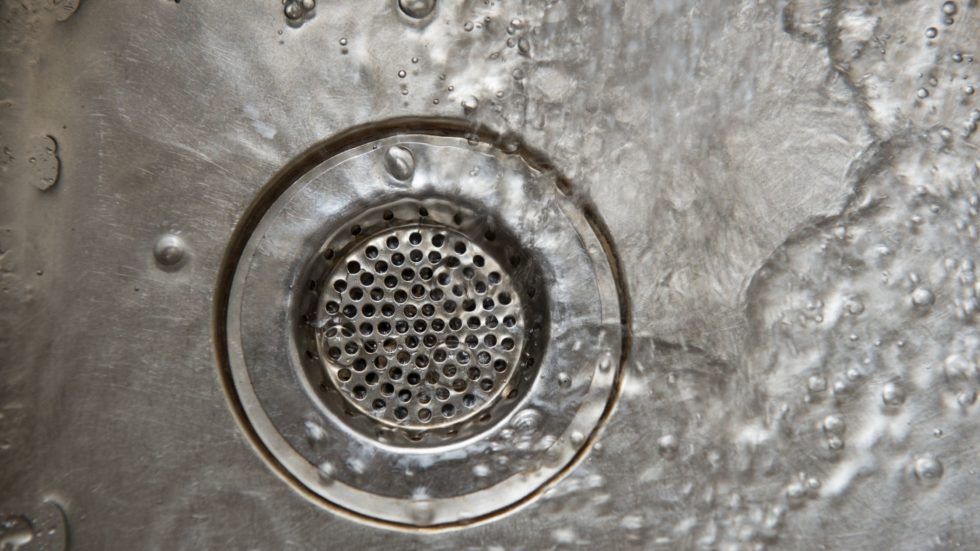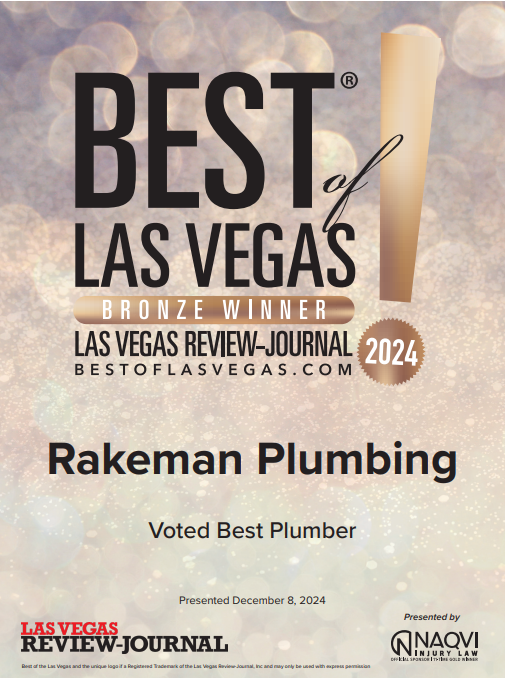Get Tips and Tricks on Your Next Plumbing Project
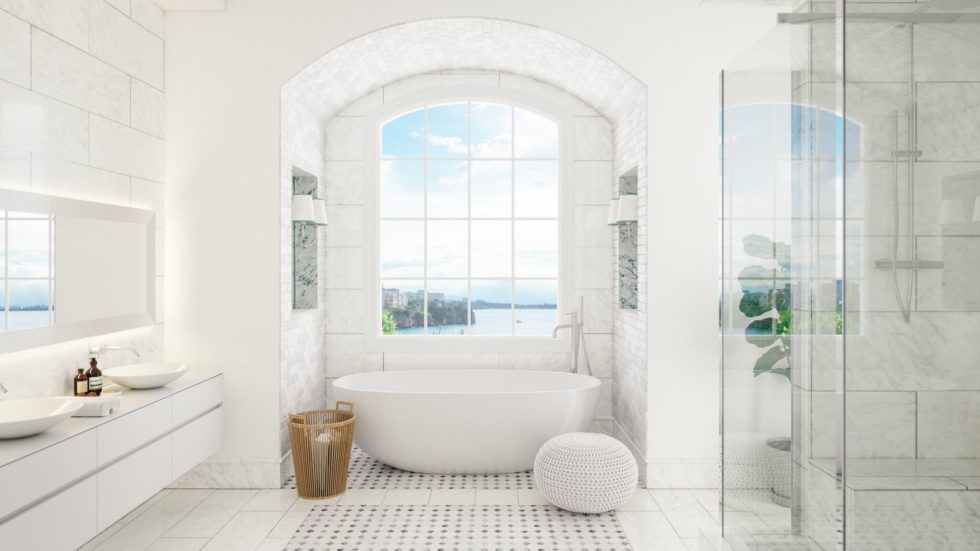
Here at Rakeman, we know bathrooms. Over the course of their life, the average adult will spend a whopping 416 days in the bathroom. While some of those days will be spent in restrooms at your office, hotels, or friends’ houses, the majority will no doubt take place in the bathrooms in your own home. So it makes sense to invest some time, energy, money, and thought into making that bathroom as functional — and perhaps even enjoyable — as possible.
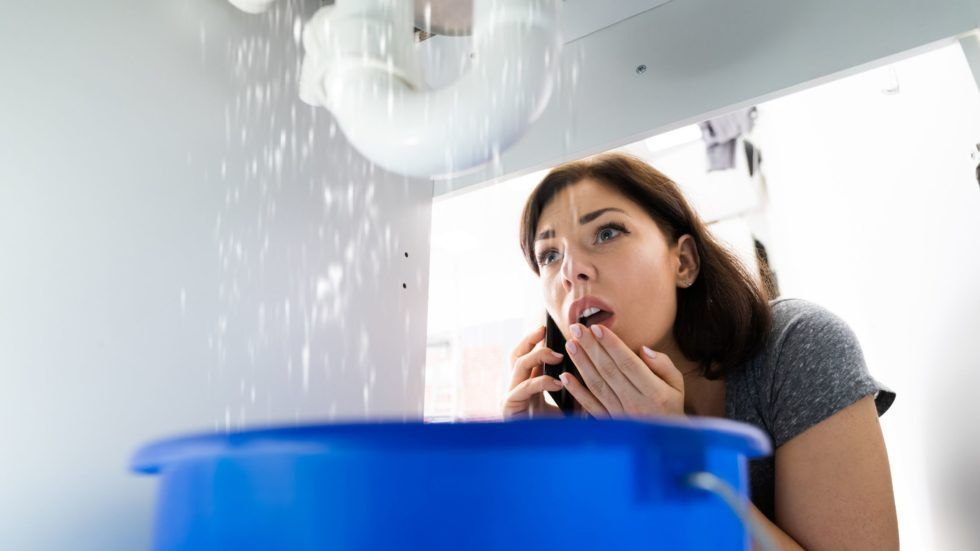
Your home’s plumbing is likely something that you don’t think about very often—until something goes wrong. When a sink won’t drain, water doesn’t flow as quickly through your pipes, or your home is filled with strange smells, it helps to have the best emergency plumber Las Vegas has to offer on speed dial.
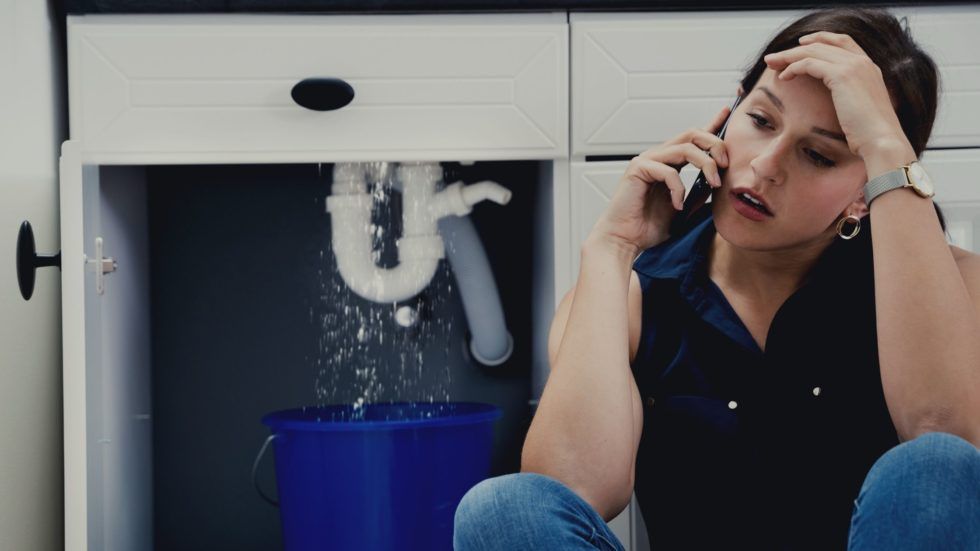
Like most emergencies, plumbing disasters tend to strike at the worst possible moment. You have a crowd of people arriving at your house shortly for a party, and your toilet starts overflowing and flooding your bathroom. You’re halfway through cooking Thanksgiving dinner and your kitchen sink clogs, and nothing seems to clear it. Or maybe you’re getting ready for a big job interview, hop in the shower, and find that the water is inexplicably cold.
Get plumbing tips and tricks when you call us at 702-642-8553.
